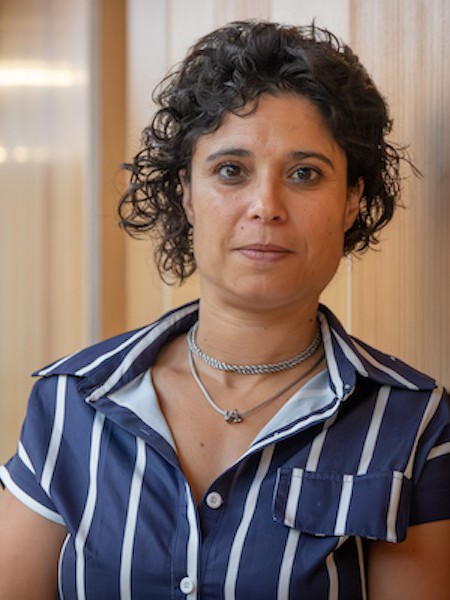abstract
Spectroscopic methods based on surface-enhanced Raman scattering (SERS) are among the analytical tools most exploited in recent years for the detection of vestigial amounts of compounds with environmental and health relevance. In the last decades, SERS methods have been largely improved with the unprecedented progress in instrumentation and materials development in the scope of nanoscale science. The current developments in Raman instruments, in particular for Raman imaging, brought a new look on composites and its applications. The use of confocal microscopes allows high resolution Raman mapping with short measurement times, creating strongly improved Raman images in two and three dimensions. In this manuscript, we will present an overview of our own research on the development of malleable and easy-handled SERS substrates based on textile fibres for analytical detection. The strategies employed for the coating of the textile fibres with gold nanoparticles (NPs) will be described in detail. A final section will focus on the combination of Raman imaging and SERS for the development of substrates based on textile fibres and their application on the detection of water pollutants and biomolecules. A case study on the development of cotton swab fibres coated with Au NPs for SERS detection of L-lactate will be illustrated in more detail. (C) 2019 Elsevier B.V. All rights reserved.
keywords
METAL NANOPARTICLES; RAMAN-SPECTROSCOPY; FILTER-PAPER; LACTIC-ACID; LACTATE; NANORODS; FABRICS; NANOSTRUCTURES; NANOTECHNOLOGY; ELECTRONICS
subject category
Chemistry
authors
Fateixa, S; Pinheiro, PC; Nogueira, HIS; Trindade, T
our authors
acknowledgements
This work was developed within the scope of the project CICECO-Aveiro Institute of Materials, POCI-01-0145-FEDER-007679 (FCT Ref. UID/CTM/50011/2019), and when appropriate co-financed by European Regional Development Fund (FEDER) under the PT2020 Partnership Agreement. P.C. Pinheiro thanks the Fundacao para a Ciencia e Tecnologia (FCT) for the PhD grant SFRH/BD/96731/2013. The costs resulting from the FCT hirings is funded by national funds (OE), throug FCT, I.P. in the scope of the framework contract foreseen in the numbers 4, 5 and 6 of the article 23, of the DecreeLaw 57/2016, of August 29.




